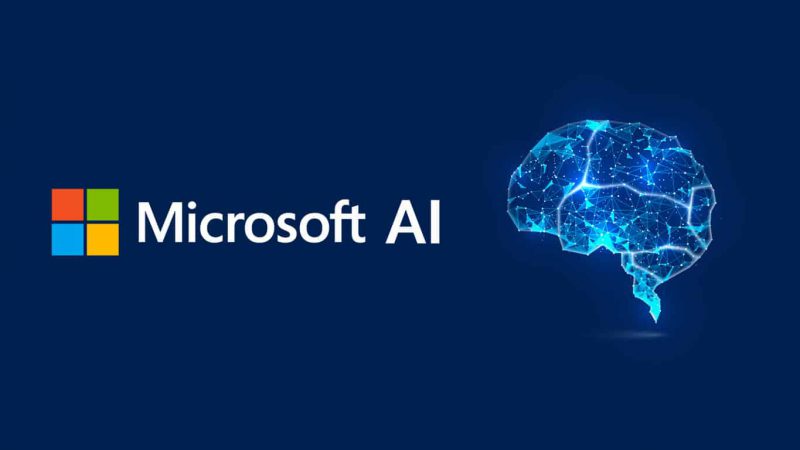American tech giant Microsoft has made an undisclosed investment into London-based AI (artificial intelligence) firm, Builder.ai. Builder.ai is a firm that assists businesses in creating applications without any prior coding knowledge. The firm falls into the category of “no-code” and “low-code” platforms.
Microsoft intends to incorporate Natasha, Builder’s AI assistant, into its Teams video and chat platform through a strategic relationship. Builder also aims to improve Natasha by utilizing Microsoft’s artificial intelligence algorithms to give it a more human-like voice.
Furthermore, the partnership will grant Builder and its clients access to Microsoft’s Azure cloud services. The firm will also have access to tools developed by OpenAI, due to Microsoft’s investment in the same. On the other hand, Builder’s network of experts will also be accessible to developers using the Microsoft Azure platform.
Crunchbase statistics show that Builder.ai has raised up to $195 million in funding. The business is one of many that have profited from the recent increase in investor interest in AI technology.
Will Microsoft’s AI bet pay off?
Microsoft has significantly increased its AI expenditures of late. The company invested $13 billion in OpenAI, the firm behind the popular ChatGPT chatbot. The latest investment in Builder is a further testament to Microsoft’s belief in AI platforms.
According to Bernstein analyst Mark Moerdler, Microsoft’s push into artificial intelligence could propel the company as the leading cloud-computing company, ahead of Amazon Web Services. As per the report, AI could help double Microsoft’s cloud revenue.
Although AI has made significant advancements recently, there are fears about it going out of control. AI pioneer, Dr. Geoffrey Hinton, who worked at Google, quit the company with a cautious warning about the dangers of artificial intelligence. Hinton, also known as the “godfather of AI,” said that people would “no longer be able to know what is true.” He expressed concerns over AI‘s potential to flood the internet with fake images, videos, and text.





